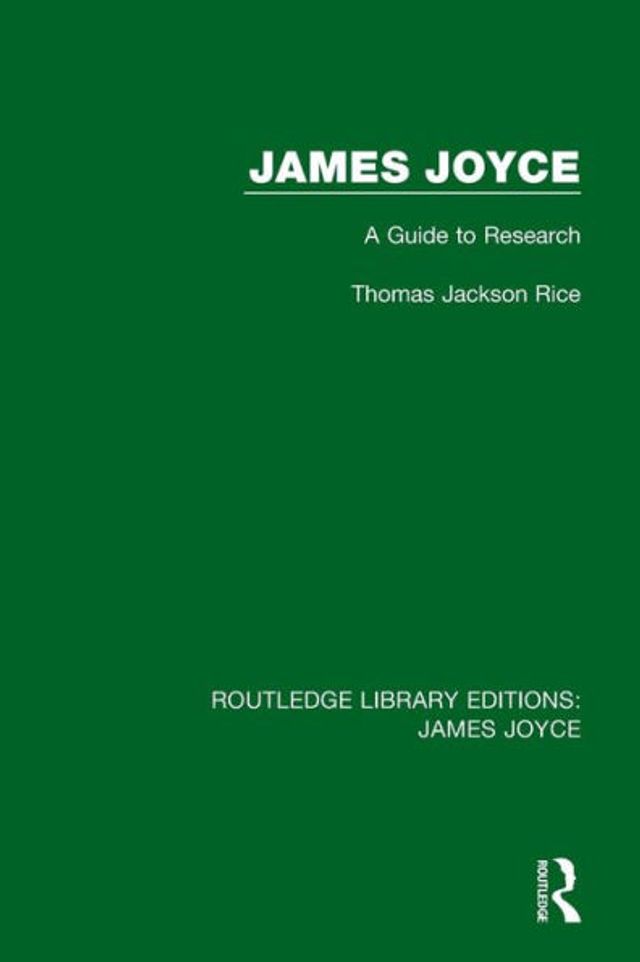Home
Core Competencies of Relational Psychoanalysis: A Guide to Practice, Study and Research / Edition 1
Barnes and Noble
Core Competencies of Relational Psychoanalysis: A Guide to Practice, Study and Research / Edition 1
Current price: $49.99


Barnes and Noble
Core Competencies of Relational Psychoanalysis: A Guide to Practice, Study and Research / Edition 1
Current price: $49.99
Size: OS
Loading Inventory...
*Product information may vary - to confirm product availability, pricing, shipping and return information please contact Barnes and Noble
Core Competencies of Relational Psychoanalysis
provides a concise and clearly presented handbook for those who wish to study, practice, and teach the core competencies of Relational Psychoanalysis, offering primary skills in a straightforward and useable format.
Roy E. Barsness offers his own research on technique and grounds these methods with superb contributions from several master clinicians, expanding the seven primary competencies: therapeutic intent, therapeutic stance/attitude; analytic listening/attunement; working within the relational dynamic, the use of patterning and linking; the importance of working through the inevitable enactments and ruptures inherent in the work; and the use of courageous speech through disciplined spontaneity.
In addition, this book presents a history of Relational Psychoanalysis, offers a study on the efficacy of Relational Psychoanalysis, proposes a new relational ethic and attends to the the importance of self-care in working within the intensity of such a model. A critique of the model is offered, issues of race and culture and gender and sexuality are addressed, as well as current research on neurobiology and its impact in the development of the model. The reader will find the writings easy to understand and accessible, and immediately applicable within the therapeutic setting. The practical emphasis of this text will also offer non-analytic clinicians a window into the mind of the analyst, while increasing the settings and populations in which this model can be applied and facilitate integration with other therapeutic orientations.
is inspired by Barsness’ students; he was motivated to create a primary text that could assist them in understanding the often complex and abstract models of Relational Psychoanalysis. Relevant for graduate students and novice therapists as well as experienced clinicians, supervisors, and professors, this textbook offers a foundational curriculum for the study of Relational Psychoanalysis, presents analytic technique with as clear a frame and purpose as evidenced based models, and serves as a gateway into further study in Relational Psychoanalyses.
provides a concise and clearly presented handbook for those who wish to study, practice, and teach the core competencies of Relational Psychoanalysis, offering primary skills in a straightforward and useable format.
Roy E. Barsness offers his own research on technique and grounds these methods with superb contributions from several master clinicians, expanding the seven primary competencies: therapeutic intent, therapeutic stance/attitude; analytic listening/attunement; working within the relational dynamic, the use of patterning and linking; the importance of working through the inevitable enactments and ruptures inherent in the work; and the use of courageous speech through disciplined spontaneity.
In addition, this book presents a history of Relational Psychoanalysis, offers a study on the efficacy of Relational Psychoanalysis, proposes a new relational ethic and attends to the the importance of self-care in working within the intensity of such a model. A critique of the model is offered, issues of race and culture and gender and sexuality are addressed, as well as current research on neurobiology and its impact in the development of the model. The reader will find the writings easy to understand and accessible, and immediately applicable within the therapeutic setting. The practical emphasis of this text will also offer non-analytic clinicians a window into the mind of the analyst, while increasing the settings and populations in which this model can be applied and facilitate integration with other therapeutic orientations.
is inspired by Barsness’ students; he was motivated to create a primary text that could assist them in understanding the often complex and abstract models of Relational Psychoanalysis. Relevant for graduate students and novice therapists as well as experienced clinicians, supervisors, and professors, this textbook offers a foundational curriculum for the study of Relational Psychoanalysis, presents analytic technique with as clear a frame and purpose as evidenced based models, and serves as a gateway into further study in Relational Psychoanalyses.


















